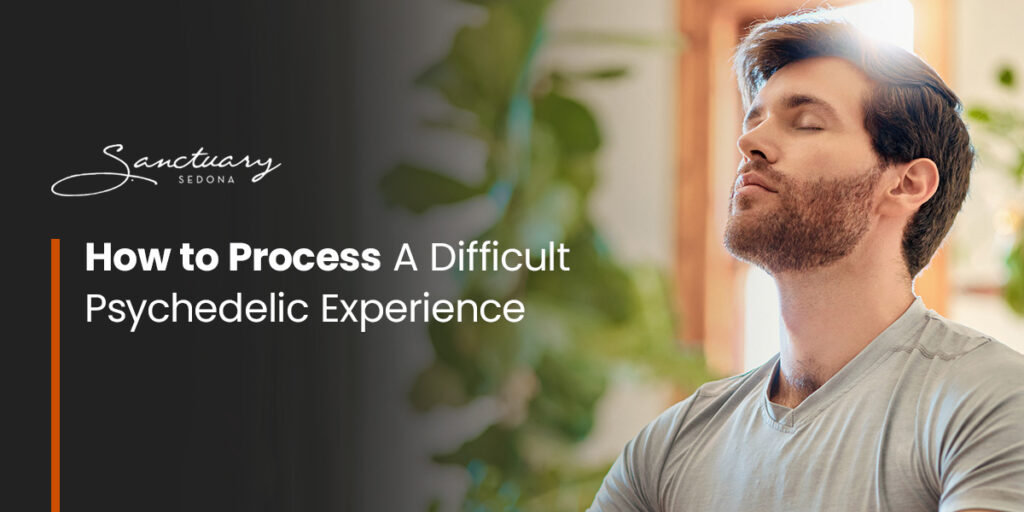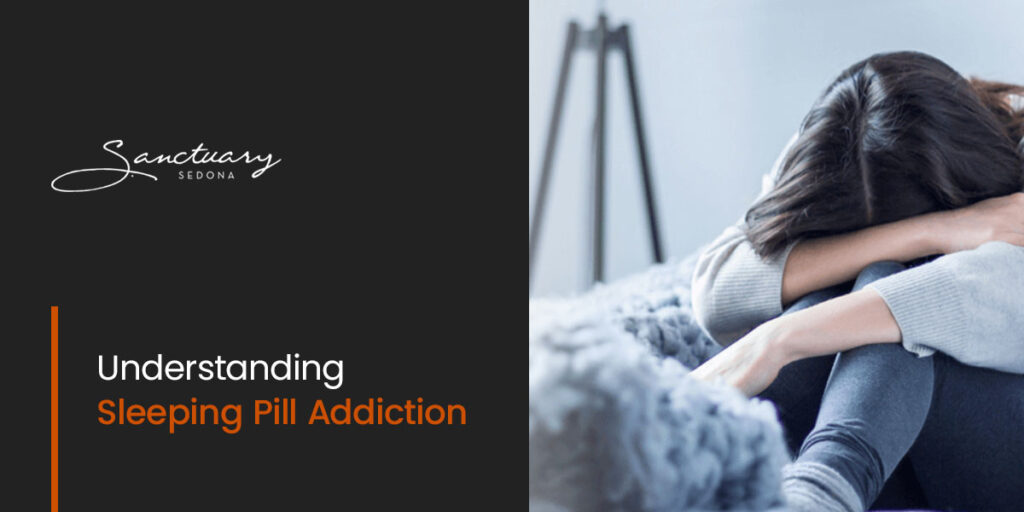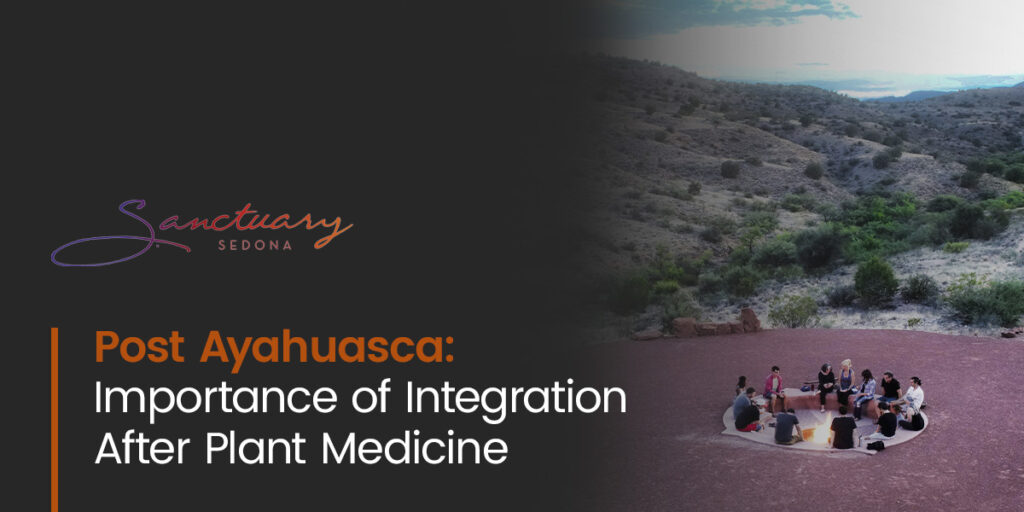Sadness. Hopelessness. Isolation. Far too many people live under a cloud of depression. This serious and chronic condition saps your energy and can impact your relationships and your career. Depression can even make simple, everyday tasks feel impossible. Many depression rehabilitation programs teach that depression is an incurable presence you have to learn to manage. At The Sanctuary at Sedona, we believe in teaching people how to overcome depression.
We have seen that depression is entirely treatable, and the sooner you reach out and get help, the less time you’ll spend feeling bad. The longer unhealthy coping behaviors continue, the more firmly they become rooted in place. Our 30-Day residential, alternative, holistic depression treatment center in Arizona is unmatched.
Some people live in a depressive funk for years. Don’t let that be you. Treatment for anxiety and depression is available.
The Sanctuary is a holistic inpatient depression treatment center in beautiful Sedona, Arizona. Our focus is not only on treating the symptoms of depression, but also the underlying depression causes, for complete and lasting recovery. Within our retreat-style facility, you’ll gain insight and skills to help you find the healing you long for. If you are going through depression contact our treatment center for a depression and anxiety retreat near you!
Table of Contents:
Signs & Symptoms of Depression | How to Help Someone With Depression and Anxiety | Types of Depression Treatment | Why Holistic Depression Treatment Works | How Our Treatment Heals the Mind and Body



